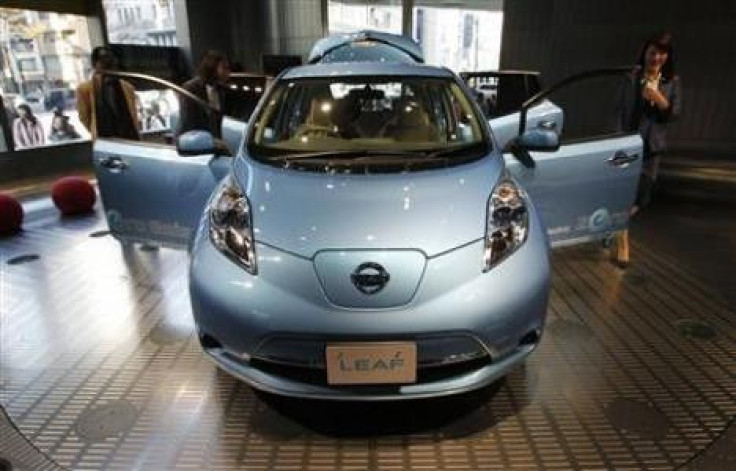Google invests to make efficient electric cars

Internet giant Google has invested $20 million in a technology start-up called Transphorm Inc., which can make electric cars more efficient.
The technology of the company, based in Goleta near Santa Barbara, can reduce up to 90 percent of the power lost when one form of energy is converted to the other, for instance, from AC (alternating current) to DC (direct current). Hybrid and electric cars also convert electricity from AC to DC, so the Transphorm's technology could one day be used to make electric vehicles and hybrids more efficient.
With the current third round of funding, the company has raised $20 million led by Google Ventures, Kleiner Perkins Caufield & Byers, Foundation Capital and Lux Capital, bringing its total venture funding to $38 million.
Currently, the inefficient power conversion in the US power grid is equivalent to the output of 318 coal-fired power plants and costs the nation's economy $40 billion a year, according to Transphorm.
What everyone is doing is paying a hidden tax because of the inefficiency of power conversions, Transphorm chief executive Umesh Mishra said.
Transphorm says that auto sector seems appealing, but investments in this area won't be made anytime soon.
We are going to start working on it soon. But I believe it will take three years to five years before it becomes something the automotive sector will have the stomach for, CEO Umesh Mishra in an interview with VentureBeat. But it's a hugely attractive thing. ... People in that sector completely understand the value proposition. We just have to work with them to get there.
Governments across the world have set aside billions of dollars in the form of subsidies for early adopters of these alternative energy cars and to boost production of batteries for such vehicles despite persisting doubts about how many people would buy them.
The Department of Energy said it is investing $2.85 billion in electric vehicles of which $2 billion will go to help US carmakers produce advanced vehicle batteries and drive train components. Around $400 million will be invested to buy, test, and deploy different types of electric vehicles in the marketplace, and $300 million in cost-share projects under the 'Clean Cities' program.
As an all-electric vehicle, the Chevrolet Volt qualifies for a $7,500 federal tax credit. Taking the $7500 tax credit into account the net cost to the buyer will thus be $33,500.
According to a recent report from Bloomberg New Energy Finance, plug-in electric vehicles, including plug-in hybrids and battery electric vehicles, have the potential to make up 9% of auto sales in 2020 and 22% in 2030 (1.6 million and 4 million vehicle sales respectively).
© Copyright IBTimes 2024. All rights reserved.











